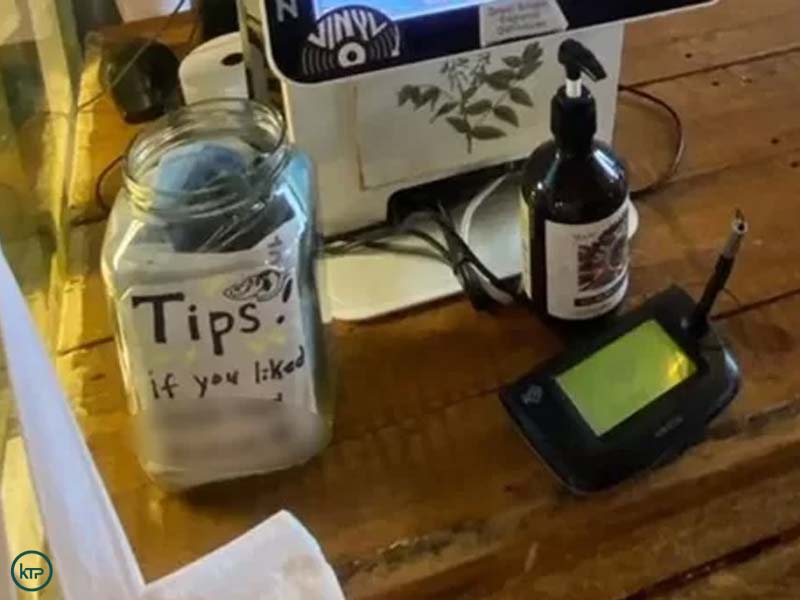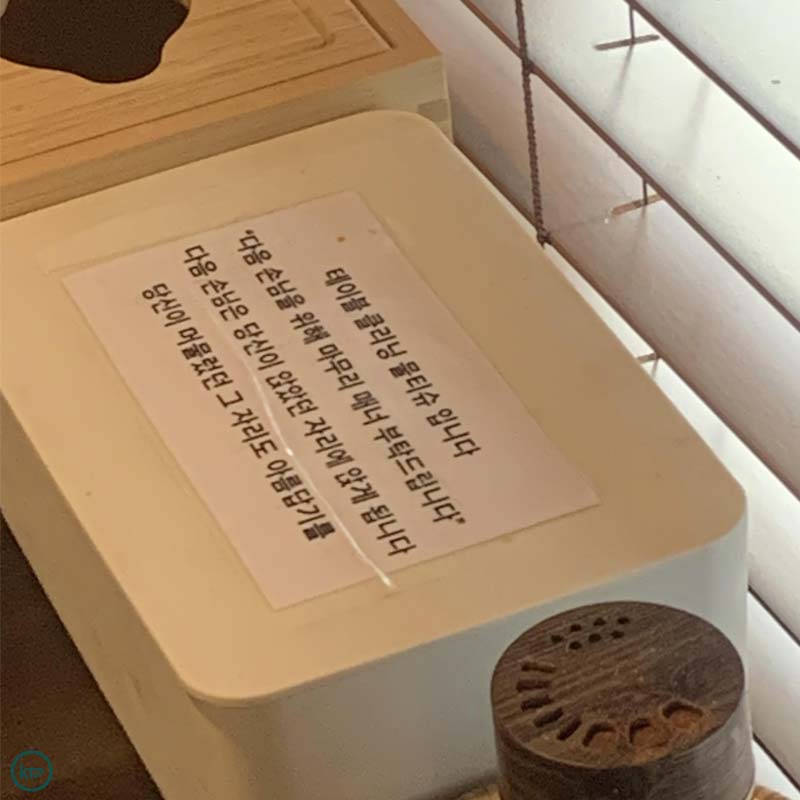Last Updated on 2 years by admin
Those who frequently travel to South Korea would agree that the country has peculiar habits and culture regarding tipping and dining etiquette. However, new trends in tipping and dining have been emerging in several restaurants and cafes in South Korea. So, what are these trends? And do you have to follow them during your future travel to South Korea? Explore the latest dining and tipping trends in South Korean restaurants and cafes in this report.
A Shift in the Tipping & Dining Trends in Restaurants and Cafes in South Korea
South Korea’s rules for tipping and dining stand out as distinctly different from those in many other countries, particularly in the West. That’s why it’s crucial to research and understand the dos and don’ts to avoid cultural misunderstandings that could lead to more severe issues.
However, cultures evolve, and traditions shift. Recently, South Korea has seen some changes in its tipping and dining trends, particularly in restaurants and cafes.
So, what exactly are these changes in South Korea’s tipping and dining culture, and how are the people responding to them?
Western Tipping Culture is Coming to South Korea
Unexpectedly, the Western tipping culture is making its way into some of South Korea’s restaurants and cafes.
Earlier this year, reports emerged that some restaurants and cafes in South Korea had been demanding tips from the customers. The report mentions a bakery cafe in Seoul that placed a tip box on their counter. The box took the form of a glass jar with a white paper note inside that said:
“Please tip if you liked our store!”

Another tipping trend emerged involving one of the largest South Korea’s travel apps, Kakao T. In July this year, Kakao T launched a feature that allowed its users to tip taxi drivers in South Korea.
“Tipping might not be widespread in Korea, but if you’re using Kakao T Taxi and wish to show extra appreciation to your driver, you can give a separate thank-you tip on top of the fare.”
– Kakao T.
How did the Locals Respond?
These are just two examples of the emerging tipping trends in South Korea’s restaurants, cafes, and even travel apps. Along with these two, several stores in South Korea have begun applying tipping culture, and apparently, the South Koreans are not happy about it.
In South Korea, giving tips to servers, drivers, and hotel staff can be considered rude and offensive. This is because there’s a belief that tipping implies the receiver does not earn enough living and has to depend on charity.
That is why when tipping culture began trending in these cafes, restaurants, and even taxi services, it sparked controversy among the locals. This controversy resulted in the cafe’s official statement, explaining that the tip box was originally a decoration. The cafe did not request the customers to provide tips. Since then, the tip box has disappeared from the cafe in the report.
However, it doesn’t mean that the trend went away altogether.
Originally, people in South Korea view the absence of a tipping culture as something positive. They believe it ensures fair treatment for both workers and customers.
Still, this tipping culture has been continuously under tests on a trial basis, its increasing presence in the country has sparked debate and prompted discussions about the ethics of tipping in general. Therefore, you may need to be careful when encountering such similar cases..
More Controversy Surrounding New Dining Trends in Restaurants
Along with the tipping culture, there has been another trend emerging in South Korea’s restaurants that you should pay attention to as well.
Recently, a post in South Korea’s online community went viral for sharing a new dining trend in restaurants. The post featured a sign next to the trashcan, on a white, noticeable box that encourages customers to clean their tables for the next guest.
“This box contains a wet wipe for cleaning the table. Kindly clean up for the next guest. Someone else will sit where you were. Let’s keep the place beautiful for everyone.”
– the restaurant’s sign.
This trend also elicited negative reactions from local residents. They believe that such trends would not be appropriate for full-service restaurants in South Korea. That is especially because full-service restaurants usually employ staff for such services.

What to do When Encountering These Situations?
Finally, it is best to be careful and take precaution when encountering such situations during you travel to South Korea.
The best option is to safely inquire the cafe and restaurants manager when you encounter these signs. Ask them whether it is necessary to give tips to the restaurants, or to clean up the table yourself.
That way, you could prevent unnecessary issues that can ruin your dream trip.
From picturesque landscapes to hidden gems and cultural adventures, follow KoreaTravelPost’s Twitter, Facebook, Instagram, LinkedIn, and Flipboard for a thrilling journey through the heart of Korea.
Related Posts
6,309 total views, 1 views today

















